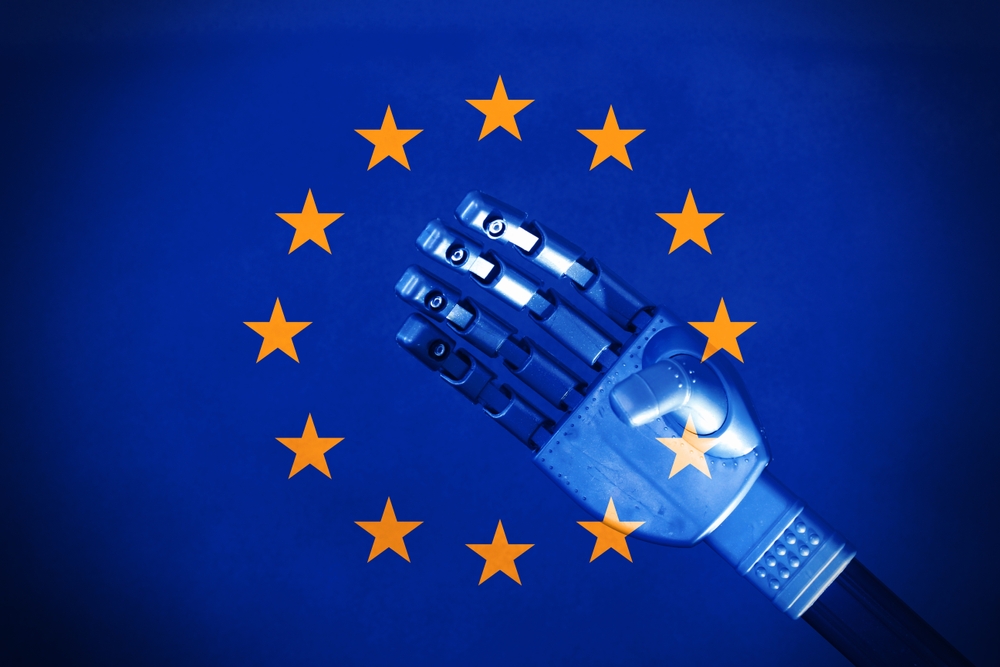European Commission’s AI Continent Action Plan
On Wednesday, the European Union presented an ambitious plan to strengthen its artificial intelligence (AI) industry and better compete with global giants like the U.S. and China. The European Commission introduced the “AI Continent Action Plan,” aiming to turn Europe’s traditional industries and exceptional talent pool into major drivers of AI innovation.
Plans to Build AI Infrastructure and Support Startups
The plan includes the construction of AI factories and “gigafactories,” alongside specialized labs designed to improve access to high-quality training data for startups. These “factories” will house state-of-the-art chips crucial for developing advanced AI models. The EU also plans to launch an AI Act Service Desk to help firms comply with the bloc’s AI regulations and offer legal certainty for investors and entrepreneurs.
The EU’s Response to Criticism Over AI Regulations
The initiative arrives amid criticism from tech companies, which argue that EU regulations are too restrictive and hinder innovation. The EU’s AI Act, which regulates AI applications based on their risk level to society, has faced particular scrutiny. The law now applies to “foundational” AI model developers, including companies like OpenAI and French startup Mistral, drawing complaints from the industry.
Global Tensions on AI Regulation
At a global AI summit in Paris, OpenAI’s Chris Lehane expressed concerns that Europe may be missing out on AI’s potential due to its regulatory approach. U.S. officials have also criticized the EU’s treatment of American tech companies, with Vice President JD Vance urging European leaders to adopt a more optimistic view on AI development.
Similar Plans in the U.K. and Global Regulatory Concerns
Europe’s AI plan is similar to the U.K.’s AI Action Plan, which also focuses on expanding domestic AI infrastructure. However, both Europe and the U.S. are seeking to alleviate the regulatory burden to foster innovation. The U.S. government has raised concerns that the EU’s interpretation of its AI Act creates legal uncertainties for developers and users worldwide.







